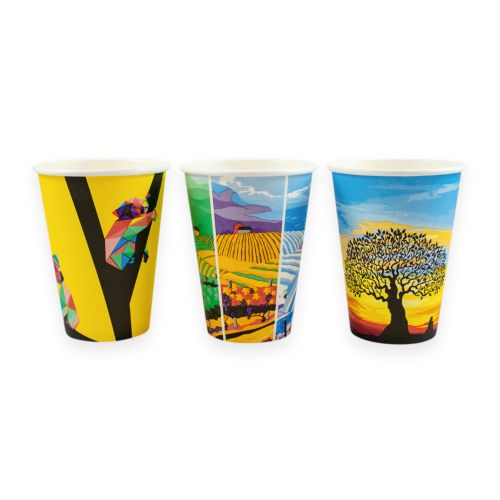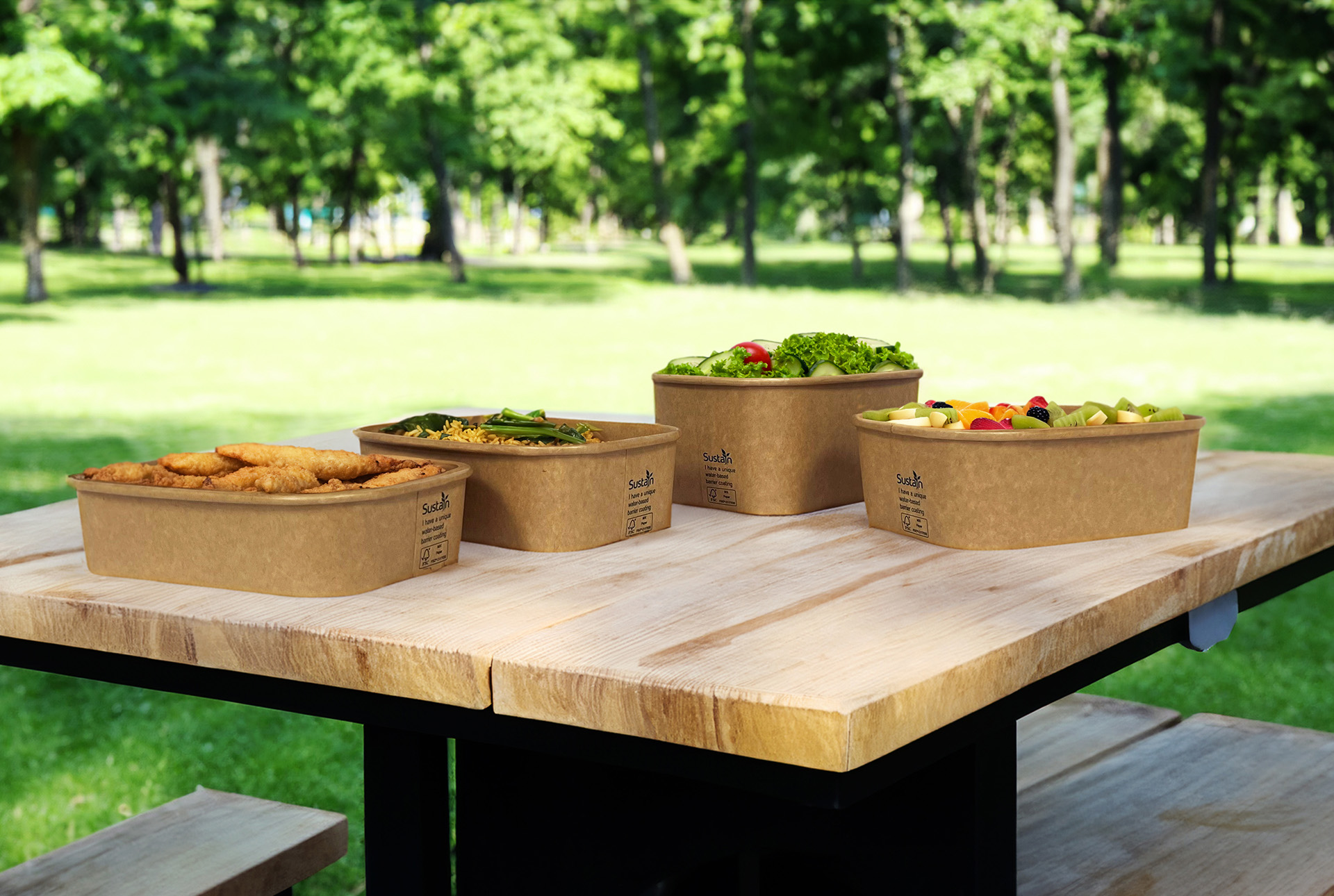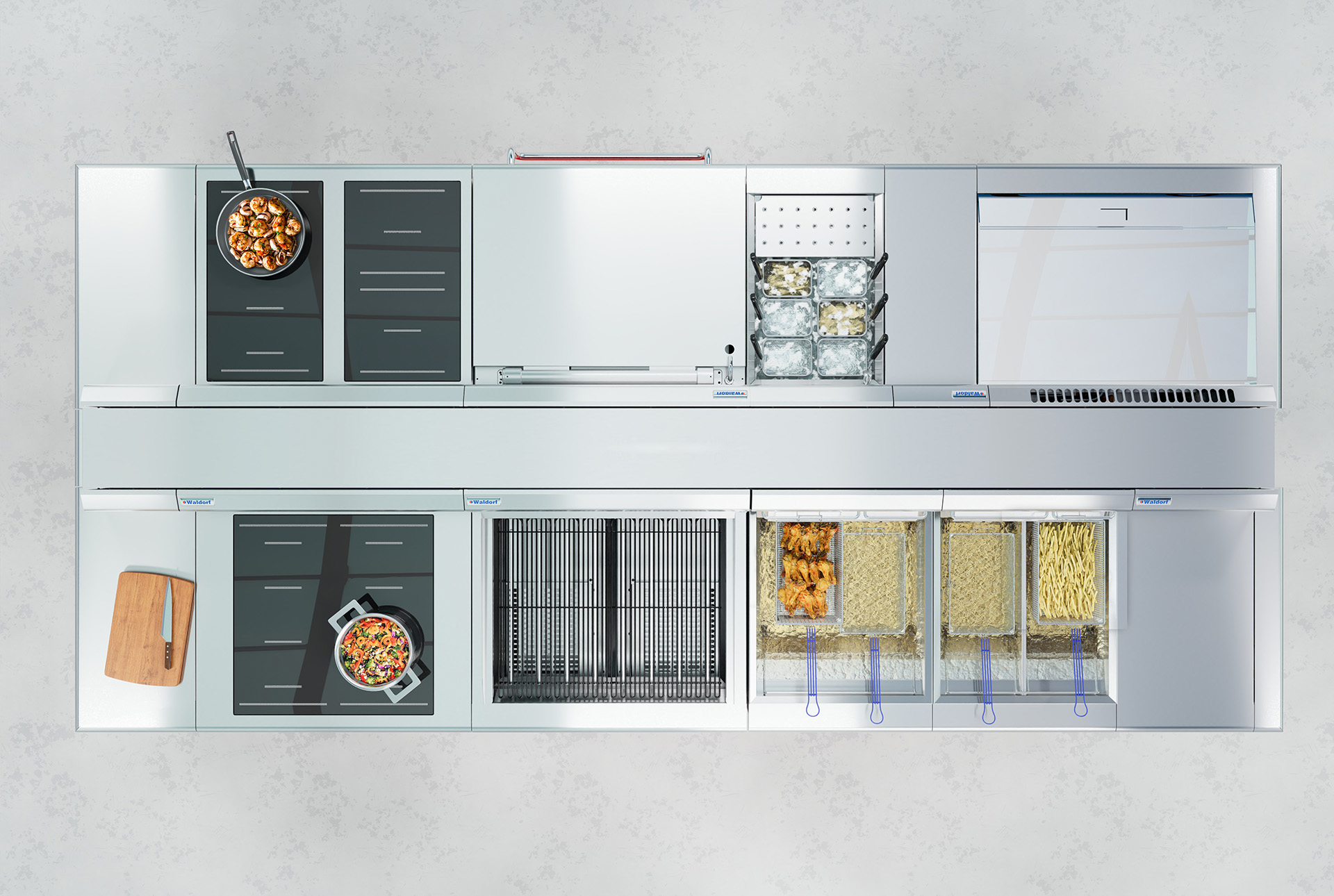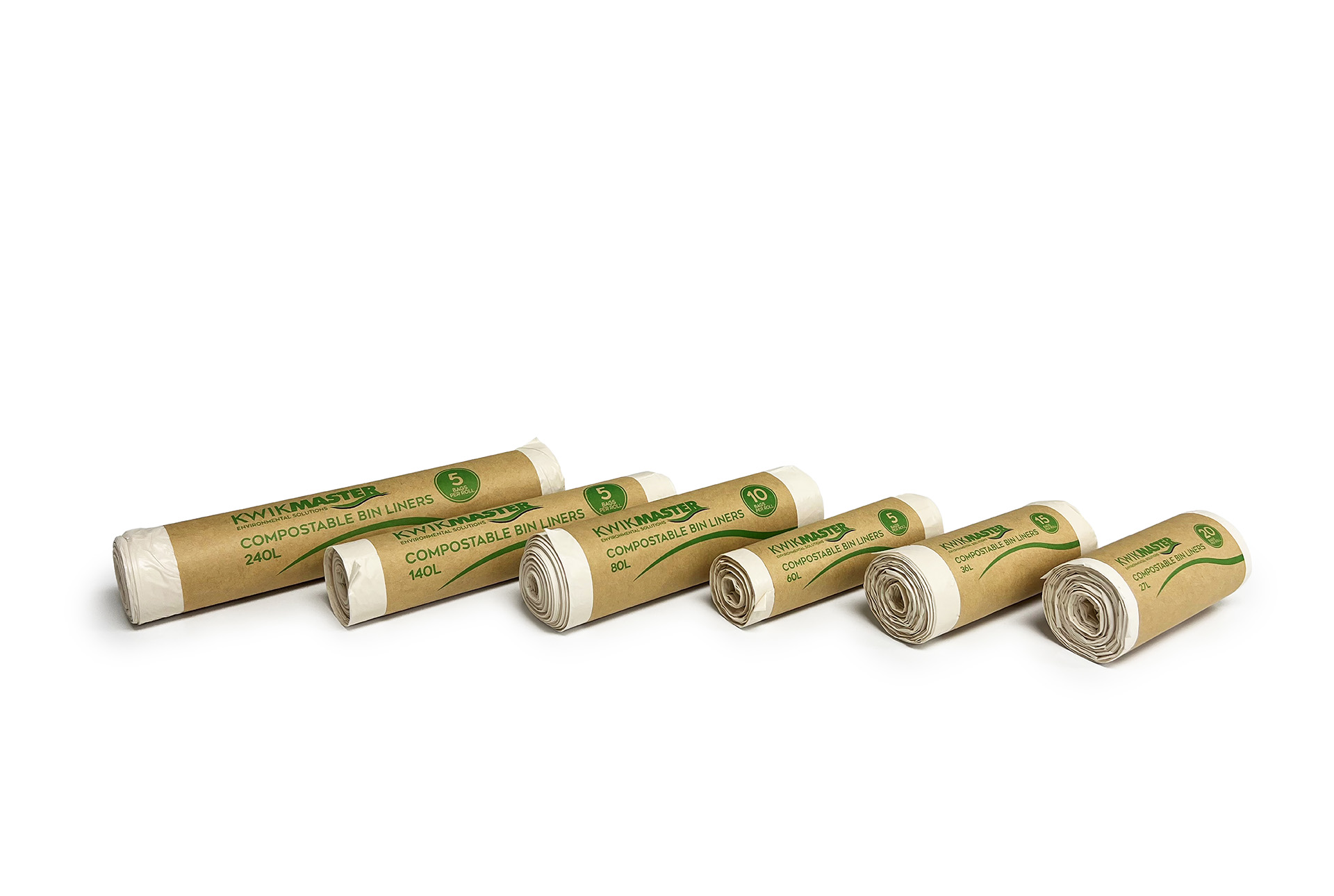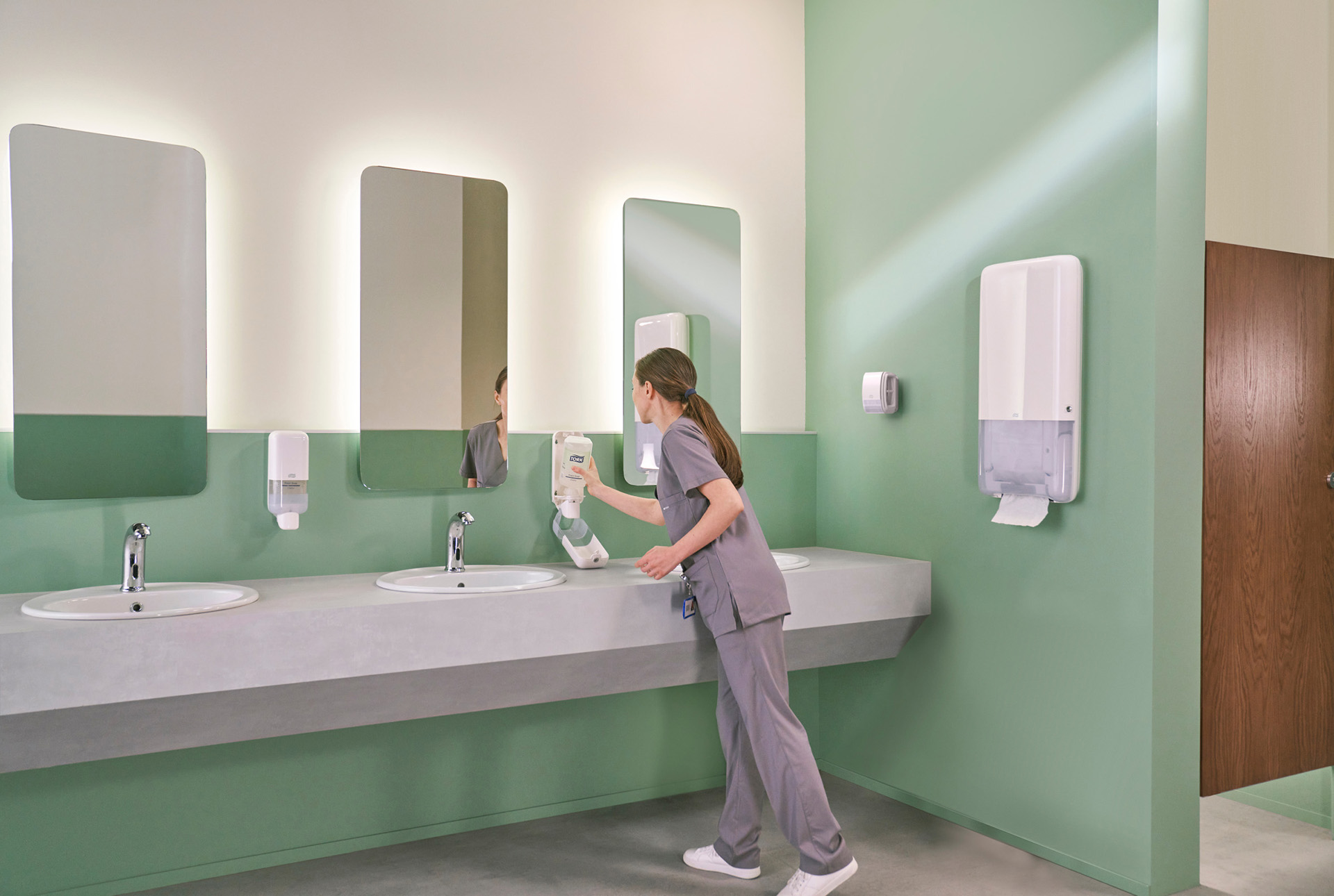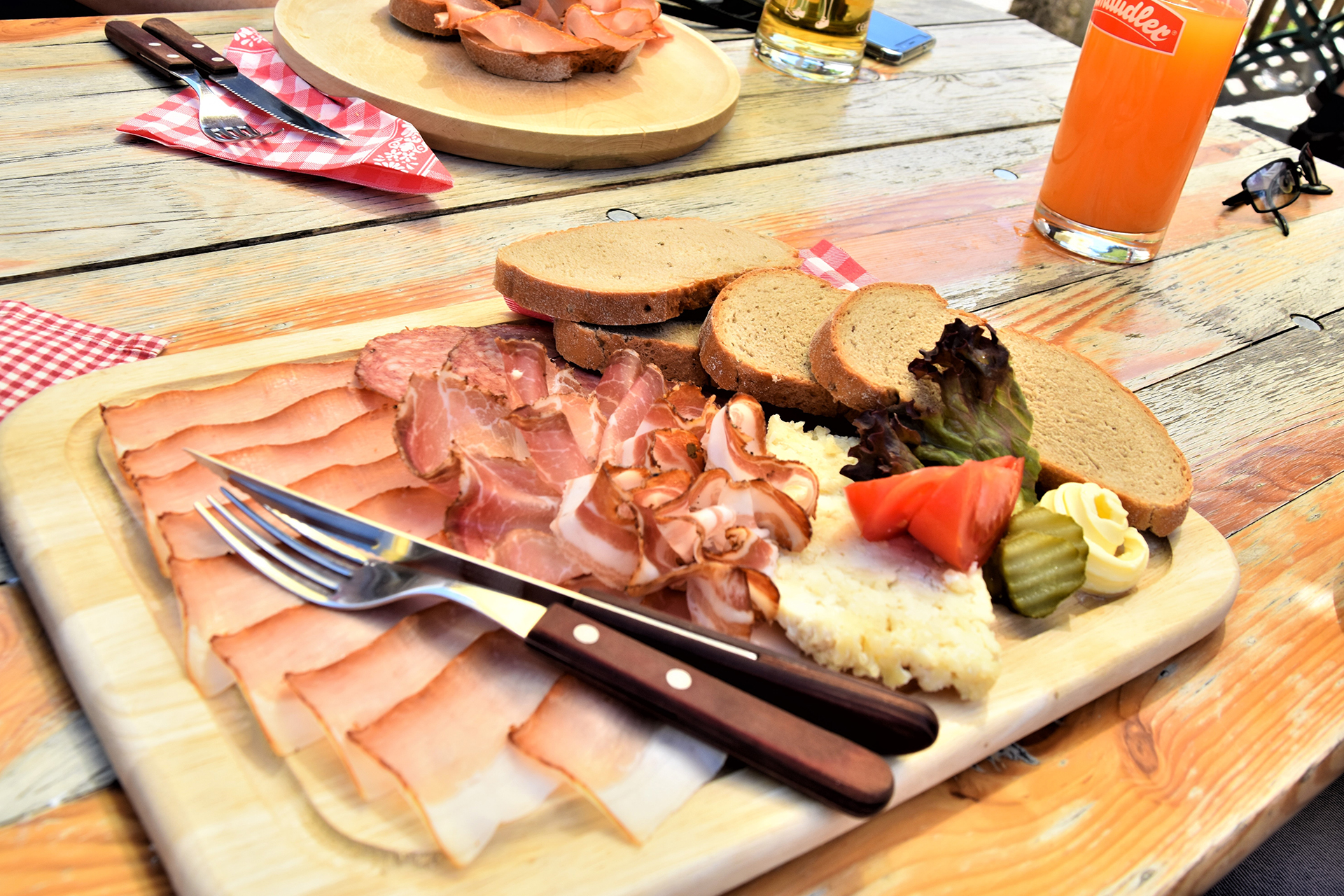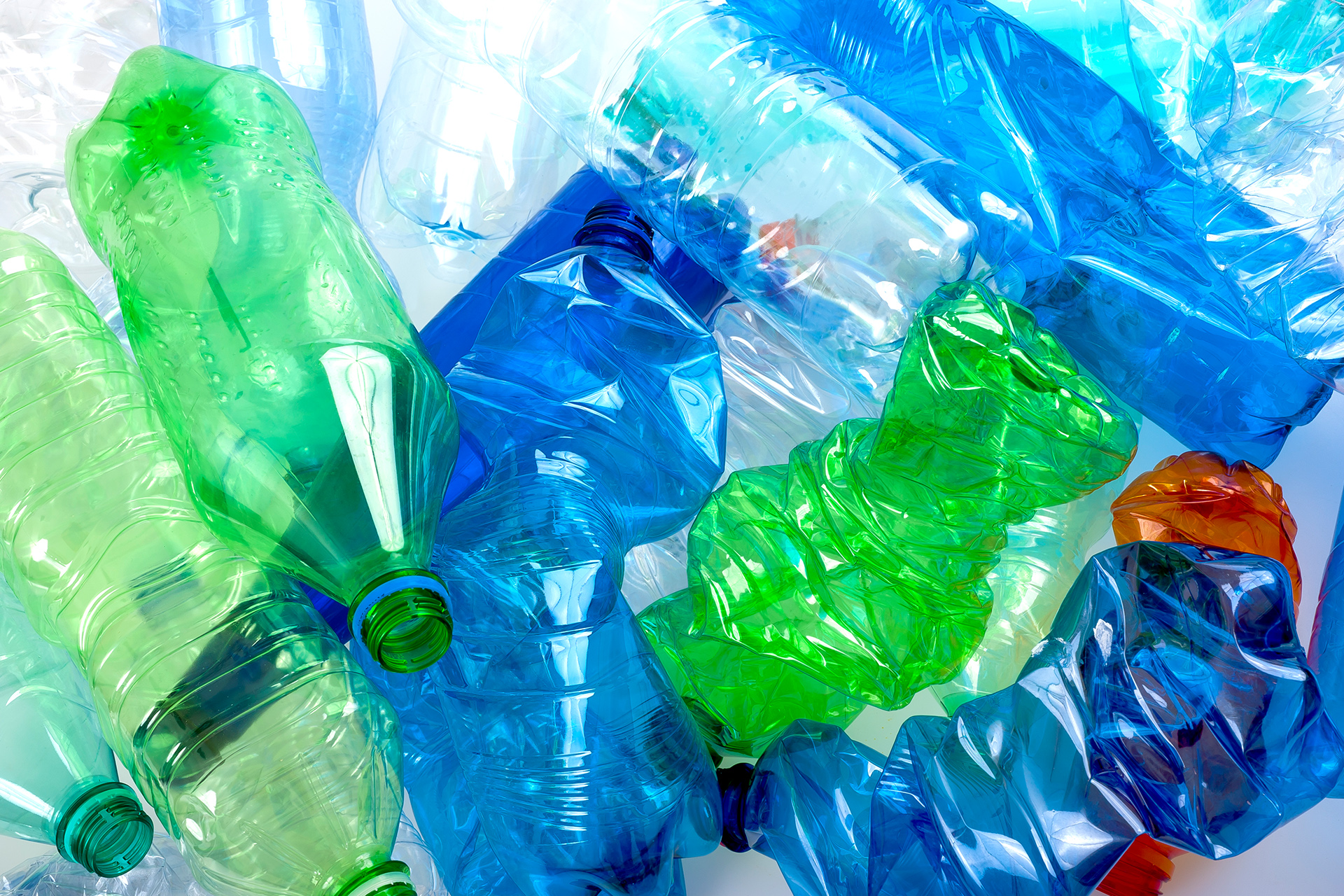In 2015, the United Nations published the 17 Sustainable Development Goals (SDGs) to serve as a blueprint for “peace and prosperity … now and into the future”. The goals were designed as practical steps to be carried out by 2030, and include such objectives as ending world hunger and achieving food security (Goal 2), ensuring sustainable consumption (Goal 12), and increasing partnerships between businesses, organisations and governments to help strengthen the means of implementation (Goal 17).
Climate change was also an imperative consideration when creating these SDGs, with calls to take urgent action to combat climate change (Goal 13) and conserve and sustainably use oceans, seas and marine resources (Goal 14). Seven years on from publication, the 17 goals are as important as ever. For example, when it comes to combating global hunger, statistics suggest not much has changed since 2015, with almost 10% of the world’s population still unable to source enough food to eat.
There’s no doubt this is a challenging picture, and one that may seem so wide-ranging and global in its scope that it’s hard to fathom. But if the SDGs teach us anything, it’s that we can all play a part in trying to achieve these goals. For businesses in hospitality, that could mean something as simple as reducing food waste.
“In Australia, we annually waste about 312kg of food per person, accounting for approximately 3% of the country’s carbon emission.”
Department of Climate Change, Energy, the Environment and Water
In Australia, we annually waste about 312kg of food per person, accounting for approximately 3% of the country’s carbon emissions. While households are the biggest culprits, eateries of all kind account for about 250,000 tonnes of that waste, too.
A few simple changes that can help to bring that number down include donating leftover food to not-for-profit organisations, and planning your menu based on popular dishes, while leaving off more specialty dishes that are seldom ordered. You can also keep portion sizes to a sensible limit rather than serving so much that food is bound to be left over.
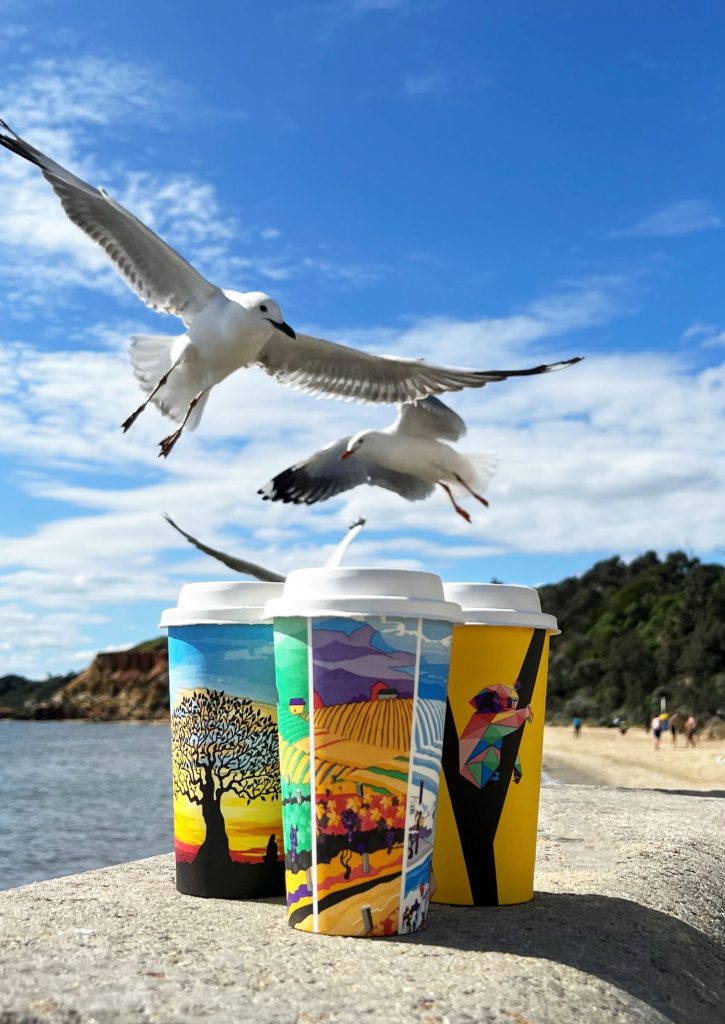
When it comes to sustainable consumption, there are, again, small steps your business can take that will help benefit the world at large. For example, retailers and suppliers can look to reduce the impact their packaging may have on the environment. That means reducing packaging down to only what’s necessary by cutting out any avoidable materials, reusing and recycling where possible, and opting for sustainably sourced materials.
But possibly the biggest change companies and organisations can make is to collaborate with others to make an impact. According to a report by Stillwater and ACNielsen, 94% of New Zealanders believe it is a good idea for companies to support charities. The 2021 Conscious Consumer Report also showed that 62% of Australians surveyed say they want to buy their products and services from companies doing some good.
Bunzl has also long recognised the need to partner with charities, whether local, national or international in their scope. One of these partnerships has been with OzHarvest, which has led to a number of meaningful programs to help reduce food waste and assist Australians to gain access to food.
Now, the two organisations have teamed up to launch the Sustain OzHarvest collection of coffee cups, with aims to help feed the country’s most vulnerable. For every carton of coffee cups sold, Bunzl has pledged to donate two meals to Australians in need. The ultimate goal is to provide 10,000 nourishing meals to communities around the country. Perfect for cafes and hole-in-the-wall baristas, the cups are compostable in industrial facilities under specific conditions.
The initiative is an example of how Bunzl is using partnerships to try to work towards achieving the Sustainable Development Goals: small steps to move towards bigger changes.
Download the Sustain OzHarvest Collection flyer for more product information HERE


